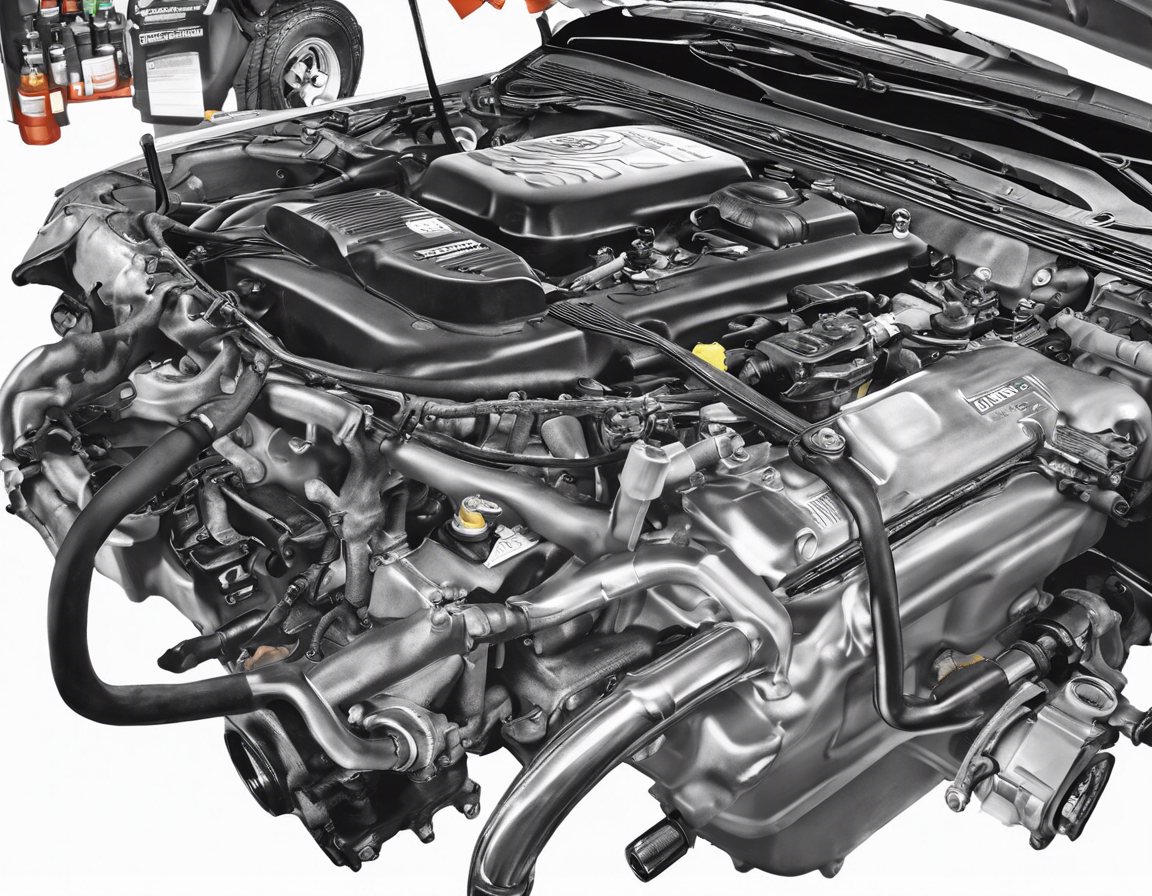Introduction
Automobiles are intricate machines that require regular maintenance to ensure smooth operation and longevity. One crucial aspect of car care is preventing steering fluid leaks, which can lead to significant issues if left untreated. In this blog post, we will discuss various tips for car owners to prevent steering fluid leaks and maintain the health of their vehicle’s steering system.
Understanding the Steering System
Before diving into prevention tips, it’s essential to understand the steering system of a car. The steering system is responsible for allowing the driver to control the direction of the vehicle. It consists of various components, including the steering wheel, steering column, steering rack, power steering pump, and steering fluid.
The steering fluid, commonly known as power steering fluid, is crucial for the smooth operation of the steering system. It helps lubricate and provide hydraulic assistance to the steering components, making steering easier and more responsive.
Common Causes of Steering Fluid Leaks
Steering fluid leaks can occur due to various reasons, with some of the common causes including:
-
Worn Out Seals: Over time, the seals in the steering system can wear out, leading to fluid leaks.
-
Loose Connections: Loose connections or fittings in the steering system can cause fluid to leak.
-
Physical Damage: Accidents or impacts can damage the steering components, resulting in leaks.
-
Corrosion: Corrosion of metal components can also lead to leaks in the steering system.
Identifying and addressing these issues early can help prevent steering fluid leaks and avoid costly repairs.
Tips for Preventing Steering Fluid Leaks
-
Regular Inspections: Regularly inspecting the steering system for any signs of leaks, such as puddles of fluid under the car or low fluid levels in the reservoir, can help detect issues early.
-
Check Fluid Levels: Ensuring that the steering fluid is at the appropriate level can prevent strain on the components and reduce the risk of leaks.
-
Use the Right Fluid: Using the correct type of steering fluid recommended by the manufacturer is crucial for optimal performance and to prevent leaks.
-
Maintain Seals and Connections: Inspecting and replacing worn-out seals and tightening loose connections can help prevent fluid leaks.
-
Avoid Overfilling: Overfilling the steering fluid reservoir can lead to pressure build-up and leaks. Follow the manufacturer’s recommendations for filling levels.
-
Protect Against Corrosion: Regularly inspecting the steering components for corrosion and addressing it promptly can prevent leaks and extend the lifespan of the system.
-
Drive Carefully: Avoiding sudden jerks or impacts while driving can help prevent physical damage to the steering components and reduce the risk of leaks.
FAQs
- How do I know if my car is leaking steering fluid?
You may notice puddles of red or brown fluid under your car, difficulty steering, or low fluid levels in the reservoir.
- Can I drive with a steering fluid leak?
It is not recommended to drive with a steering fluid leak as it can lead to loss of control over the vehicle. It is best to have it inspected and repaired promptly.
- How often should I check my steering fluid level?
It is recommended to check your steering fluid level regularly during routine maintenance or oil checks.
- What happens if I use the wrong type of steering fluid?
Using the wrong type of steering fluid can damage the components of the steering system and lead to leaks.
- Can I fix a steering fluid leak myself?
While some minor leaks may be fixable with sealants or additives, it is best to have professional mechanics inspect and repair steering fluid leaks to ensure proper functioning.
In conclusion, preventing steering fluid leaks is essential for the health and safety of your vehicle. By following these tips and staying proactive with maintenance, car owners can protect their steering system and avoid costly repairs down the road. Remember, a well-maintained steering system is key to a smooth and enjoyable driving experience.
